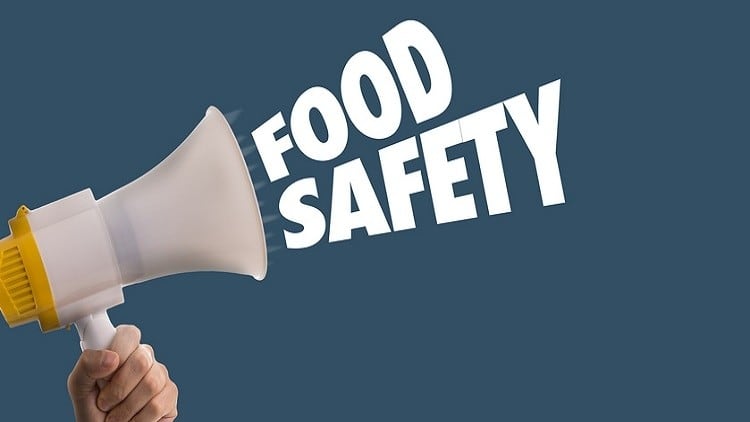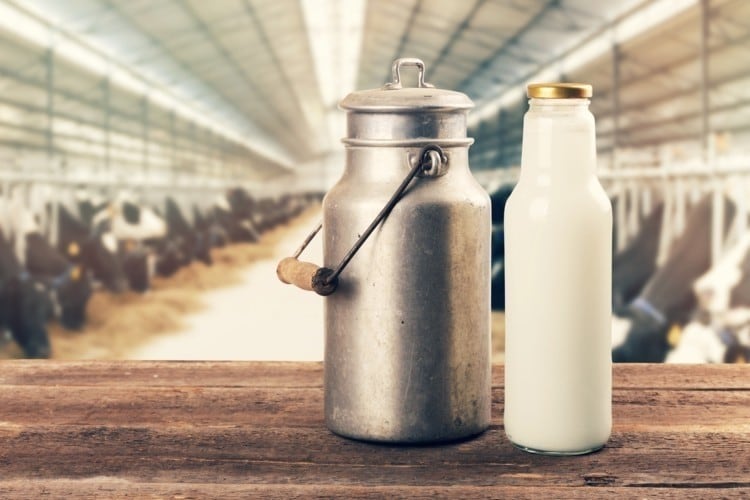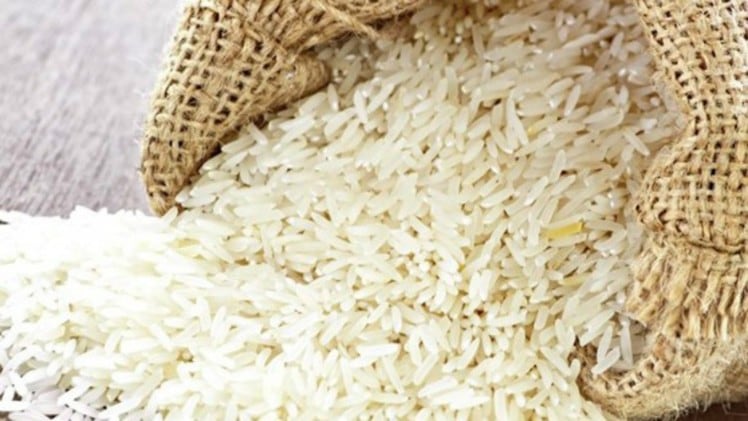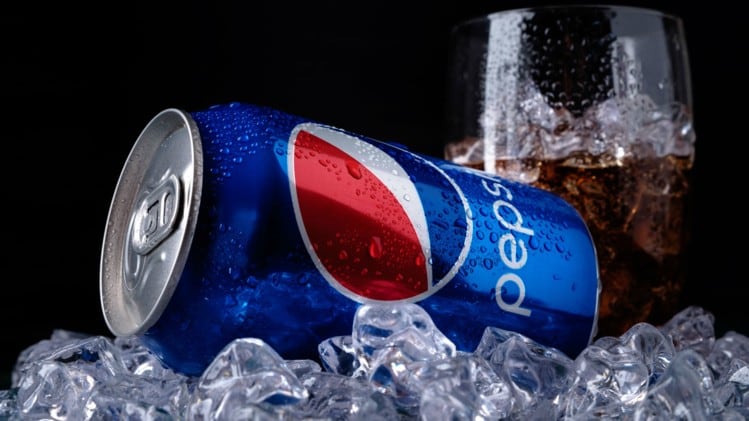In the most recent raid which was conducted by the Khyber Pakhtunkhwa Food Authority (KPFA) earlier this week, over 2,000 kilogrammes of adulterated black tea, 500 litres of powdered milk and 300 kilogrammes of yoghurt were found.
KPFA Night Squad Captain and Director Operations Khalid Khan Khattak said in a statement to media that: “The black tea was mixed with bark, and the unit has now been permanently sealed.”
The KPFA added via a statement on its Facebook page that: “The milk and yoghurt were discarded on the spot, whilst the [culprit] was handed over to the police.” Both dairy items were reportedly adulterated by having skimmed milk added into the content compositions.
In a separate raid a week earlier, KPFA had found and discarded 500 more litres of adulterated milk and also confiscated 90 sacks of spices mixed with monosodium glutamate, or China salt as it is known in the country.
“China salt has been banned by the Pakistan Supreme Court, and its use in spices is a crime,” said KPFA Director General Riaz Khan Mahsud.
China salt was banned by Pakistan last year, after a report from the Punjab Food Authority (PFA) scientific panel stating that its consumption could cause headaches, fatigue, nausea, flushing, numbness and other side effects, with heightened risk for those sensitive to it.
Khattak also led that operation, and revealed that over 500 kilogrammes of china salt had been confiscated.
Three milk shops were also ordered by KPFA to shut down the same week after it was found that products were being adulterated by either the addition of water or removal of fat.
Beverage adulteration a rising concern
Where dairy adulteration has long been a problem both in Pakistan as well as in other South Asian countries like India and Bangladesh, the issue has appeared to spread into other types of beverages such as carbonated drinks in the region as well.
The KPFA had to discard over 500 litres of cold drinks in a separate raid, whereas neighbouring Indian state Punjab’s Food Authority (PFA) confiscate and discard over 5,000 fake soft drinks and 1,000 empty bottles in their own operation at around the same period.
In an official statement, PFA Director General Captain (R) Muhammad Usman said that: “A [large] amount of artificial flavours, saccharine, loose colours, fake labels and caps were [also found.”
“[Dirty] water, chemicals, artificial flavours and lose colours [were being used in this business], and the drinks were mostly sold in more rural areas, bus stands and small food [outlets].”
Food adulteration a ‘crisis’ for Pakistan
In a 2014 paper published in the International Journal of Adulteration, Pakistan was described as being ‘on the verge of [a] nutritional crisis’ due to the prevailing food adulteration.
“The general perception of [the] Pakistan consumable market reckons approximately every raw consumable product used is not only of low quality but has detrimental effects on human health,” said the authors.
“It can be said that apart from [a] few, the raw consumables for cooking purposes, [up] to processed or final finished [foods] available in [the] market are adulterated for [the] most part.”





